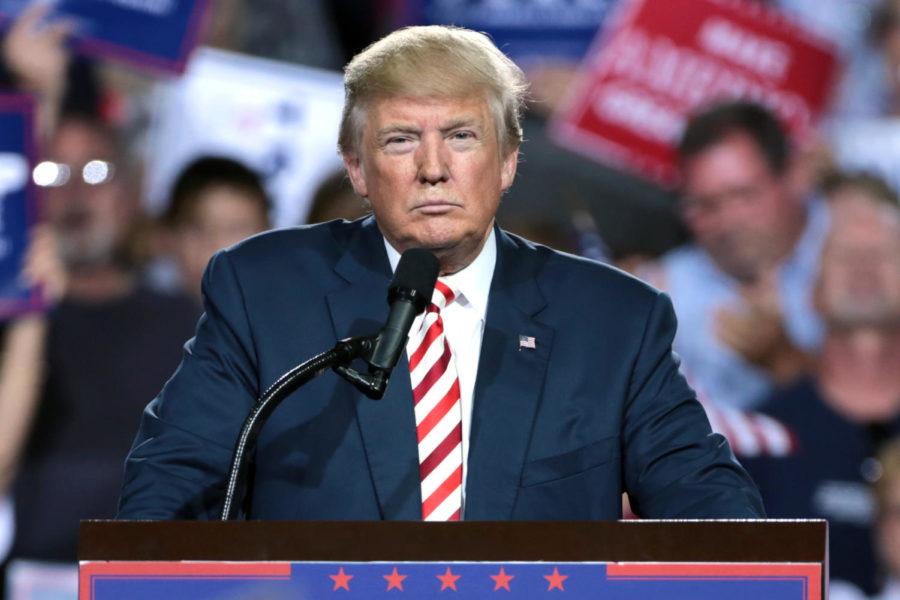Results from an online poll of 317 students showed that students on campus have an overwhelmingly negative view of Donald Trump, with most saying that the President-elect is not fit to be president. Non-white students viewed Donald Trump slightly less negatively than their white counterparts. In addition, many students said they felt somewhat reluctant to discuss their political views on campus.
The poll was administered to undergraduate students from December 26 to January 4. The sample size was 5.8 percent of the total population of the University. The margin of sampling error for rating questions was ±0.5 for all student groups analyzed. The sampling error for the percentages mentioned was ±5 percent.
Overall, 84 percent of students surveyed said that Donald Trump is not fit to be president despite his having won the election. Students were also asked to rate their view of Donald Trump overall on a scale from one to 10, with one being negative and 10 being positive. White students had a slightly more negative view of Trump (one out of 10) than non-white students on campus did (three out of 10).
Trump did not fare much better when students were asked to rate what kind of impact the President-elect would likely have on social and economic issues in the United States. On the whole, students were pessimistic about a Trump presidency, with white students giving an average outlook of 2.2 on social issues and 3.4 on the economy. Non-white students were slightly more positive, assigning an outlook rating of 3.2 and 4.1 on these issue categories, respectively.
The demographic profile of non-white students on campus could account for this break from the national trend—for instance, many non-white students on campus are international students, and thus may have different political opinions than their domestic counterparts.
Students were also asked to rate how comfortable they were expressing their political views on campus and how strong those views were on a scale of one to 10. Despite over 90 percent of students saying they have strong political views, and 26 percent saying they have very strong political views, 27 percent of students said they were at least somewhat uncomfortable expressing their political views on campus.
Democratic students said they were comfortable sharing their political views (7.8), which they identified as somewhat strong (8.1). Republican students were significantly less comfortable sharing their political views—one out of 10—but also held slightly stronger political views, responding with 8.5.
Tyler Araujo, who said he was fiscally Republican and socially liberal, said, “I’ve experienced a really high rate of dismissal…although I’m not married to anything I believe…people really seem to demonize opinions they don’t agree with.”
Josh Parks, second-year and vice-president of College Republicans, reflected on his experience in supporting and defending Trump. “I wasn’t exposed to so many liberals before,” he said. “I tested the waters debating on campus…. I didn’t expect people to get so hurt.” Regarding the reaction of campus liberals to the election, he said, “Some would rather distract rather than debate.”
The overwhelming majority of students polled identified themselves as Democrats, with 10.1 percent saying they were Republicans. 6.8 percent said they were Libertarian, and 14 percent said they identified with another political party.









